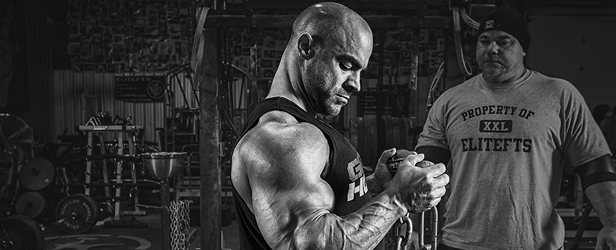
Advice for intermediate bodybuilders thinking about doing powerlifting in the off season or switching over to powerlifting.
The reason I wrote "intermediate" is because I do think there's a difference between beginners and the intermediate and advanced when it comes to this. The reason being more of coordination ,central nervous system, and how they are moving the weight. How one has been training over the past few years and how they've taught themselves to train also plays a significant factor.
As a beginner, they really haven't figured this out. It's pretty much the same across the board regardless of if they're powerlifting or if they're bodybuilding. As you move up the ladder in the bodybuilding world and the bigger you get - Not necessarily the more competitive and the better ranking and the higher placing that you're getting - but the bigger that you get, there's more muscle that you begin to carry.
Compared to the joint structure (really good bodybuilders have small joints - while very good powerlifters have large joints), this starts to play an immense factor that seems to be overlooked. I've consulted with numerous high-level bodybuilders in a couple of different ways. A couple of them ... Just talking them out of powerlifting altogether because it's not worth the risk. There's always a risk/benefit ratio to everything that you do, but the higher you go, it's just not worth the injury or potential injury for the reward. Those with huge muscle bellies and very small joints - training for their Pro card or who are already Pro's have no business Powerlifting IMO...... unless they are in the lower 20's but even then I still would not recommend it as it will not help them work toward their end goal. This isn't saying they can't borrow things and methods Powerlifers do - they can and should. I am saying dropping how they train and jumping on a 100% Powerlifting based program would be a mistake.
To get straight to the meat of the matter, the way I look at this is powerlifters are trained to be like a NASCAR, actually a sprint car ... To come off the line one hundred percent as explosive as possible for a very short, short duration of time. The machine that they create needs to work in harmony ...
It needs to all work together and efficiently without any real breaking of that chain. If it's a bench press ... I've had world record bench pressers tell me how sore their feet were the next day after benching from how hard they were driving their legs into the ground. All the powerlifts become total body movements. They have to. To move maximal weight you need to use everything you can.
Stabilizers are held tight, extremely tight, tighter than any bodybuilder would ever hold anything. In many case they are held tight for the entire set not just one rep. Those stabilizers are developed to be able to better stabilize force and to absorb force. You have to be able to do those two things before you can really produce force. From that comes greater tendon strength, ligament strength ... let's just say stabilizing strength. Bodybuilders, on the other hand, aren't so concerned with that force and having everything working together as one. They are concerned with the specific growth of the muscle they are training.
That actually goes completely against what they're trying to do ... Yes, they do need to stabilize to avoid from getting hurt, but if they're training their triceps, the main focus is to work the triceps, not to work the triceps, shoulders, abs, and everything else associated with that movement. It's to focus solely on building that tricep and making sure that all the energy goes into that tricep.
When that's being done, there's always a give and take. When they're doing that and they're training that way and the larger that muscle gets, the bigger that muscle gets, that muscle becomes more of the determining factor on what's moving the weight when compared to the central nervous system and the stabilizers stabilizing and so forth. Everything has its role. What percentage that role is is always going to be different per individual.
There's going to be a vast difference on what those roles are between a professional bodybuilder and say, a professional powerlifter. If you take a professional bodybuilder and they want to convert over and become a professional powerlifter, they don't have the stabilizing strength. They don't have the ability to absorb the force. They have to develop the tendon strength and they have to develop the stabilizing strengths before they can begin to produce maximal force. Note: In most - not all cases - there are and will always be exceptions.
Without that, they are going to risk running into muscle tears, tendon tears, bursitis and all kinds of other joint issues and supportive stabilizing issues. If they don't take the time to step back and to build those areas up to match what the muscle strength actually is, in almost every single case that I've seen, those that have tried to do this without taking the time to take that step back and to learn the proper movement pattern of how to do these lifts efficiently, have all got hurt.
They just think because they're strong ... Many of them are fucking really strong, there's no doubt about that ... That their five rep conversion when they start working up the heavy singles isn't going to be that big of a deal and it's not going to lead to any injuries.
When their last five, ten, fifteen years of training has all been wrapped around focusing on developing just individual specific muscles instead of developing the body to move three movements the most efficiently and explosively as they possibly can, there's going to be risk.
To summarize, bodybuilders that want to move into powerlifting for the off season, in my honest opinion, don't have a long enough time in the off season if they're intermediate or advanced to be able to actually do what I'm talking about doing. To take the time to actually do this right is probably going to take between twelve and eighteen months.
If you want a great resource to get a little tip of the iceberg of what I'm talking about here, look up Cal Dietz Triphasic Training. Look at what I'm talking about as far as the ability to stabilize force, absorb force, and produce force. It's probably the best resource that I've seen on explaining this in a way that people can understand. I've learned it in a way through physical therapists as far as coming back from injuries because you come back from injuries basically using the same pattern.
Not saying that Cal's training is that way because it's not. It's the same pattern as far as you got to stabilize before you can absorb and absorb before you can produce force. With that in mind, I do think that it can be done. It just needs to be done a little bit slower. Find somebody who really, really knows the movement patterns extremely well and knows how to tweak those movement patterns to best fit your needs, your strengths, and your weaknesses.
Being that it's just off season training and you're doing it for fun, you don't want to have somebody completely come in and take your squat stance and just change the absolute fuck out of it to where it's something completely radically different than anything that you've ever done before in your life.
There's definitely going to need to be some changes made, there's no doubt about that, but you don't want to go from a close stance, ass to grass squatter, to a super-wide stance, inner thigh, hamstring squatter in such a short period of time. It's going to take more time than that to be able to make that type of conversion. Keep your expectations realistic and make sure that you do keep some of your bodybuilding work, especially for your weak points.
You still need to bring up your weak points. You can't think that just going into a powerlifting program is going to bring up your weak points. If a bodybuilding program which was specializing on body parts that were your weak points weren't able to bring up your weak points the way that you were training it, I can pretty much guarantee that a powerlifting program that's not putting any focus on those weak points isn't going to bring your weak points up at all.
You do want to make sure you keep your weak points in there and possibly structure it out a little bit to where some of your strong points might be reduced a little bit. The last thing that you want to do is just throw two programs together. You don't want to take a powerlifting program and throw it right on top of a bodybuilding program because it's going to be too much work. You're going to be in the gym for way too long and your progress is going to be hindered. That there will probably, more than likely with a higher than ninety percent guarantee, end up leading to your tearing or pulling something.
As for beginners and low to moderate intermediates feel free to play around with both styles of training. This is the time in your training age you SHOULD and NEED to try all kinds of different things. You have to see what you like to do, what it fun for you to do, what works for you, this is your time to learn to live under the bar and learn from everyone. As you advance and if you want to specialize you will know by then what route you want to go.









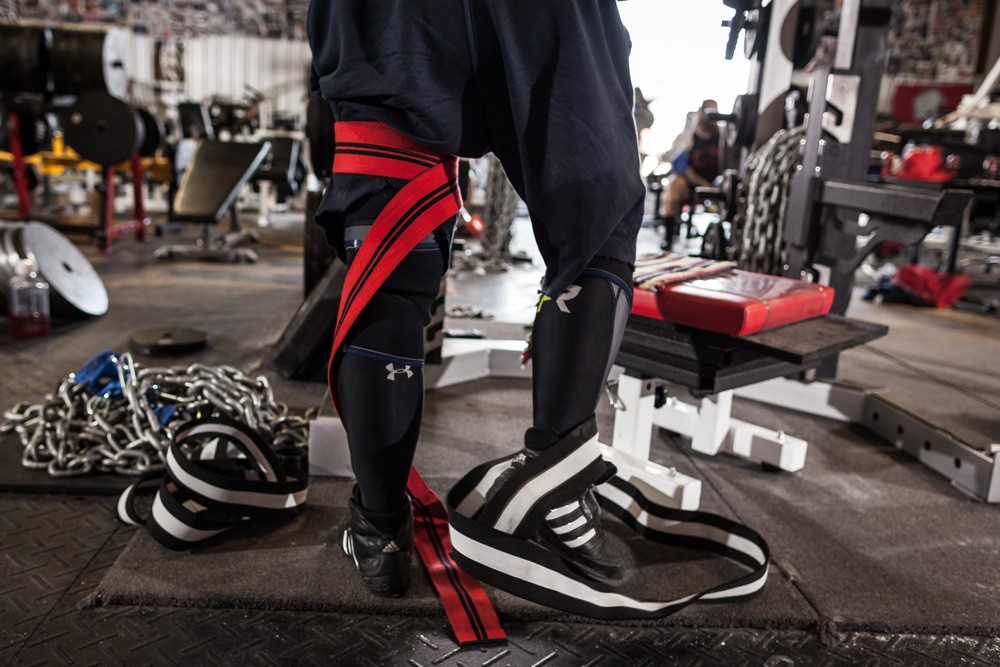
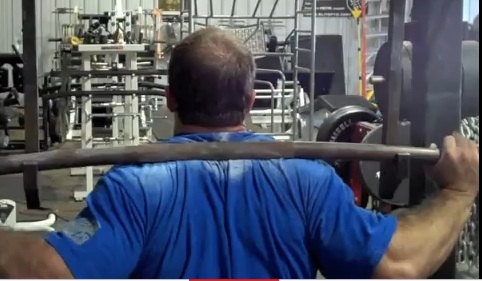
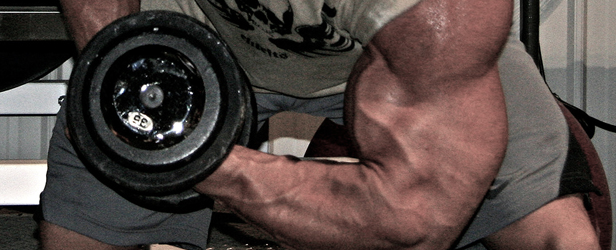

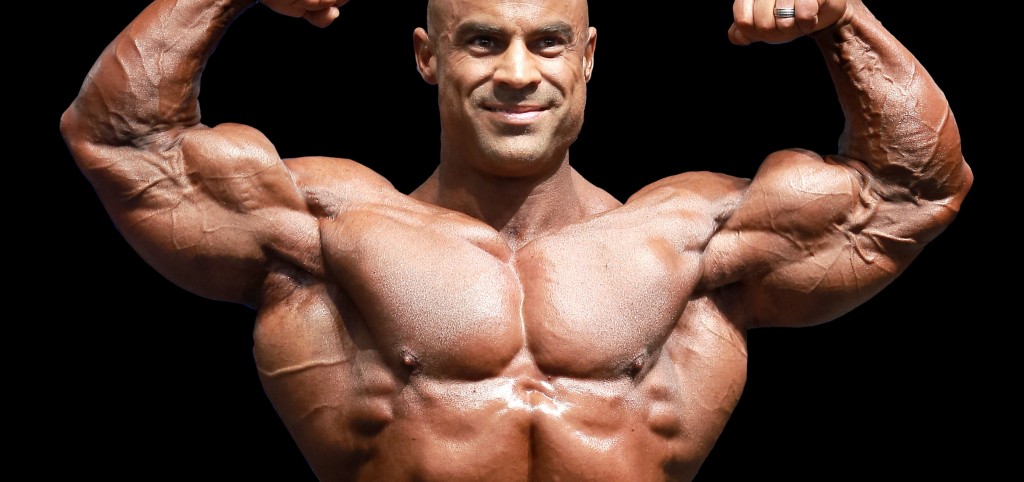
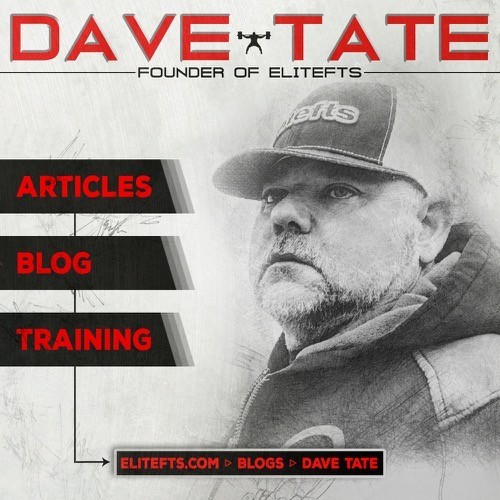
1 Comment